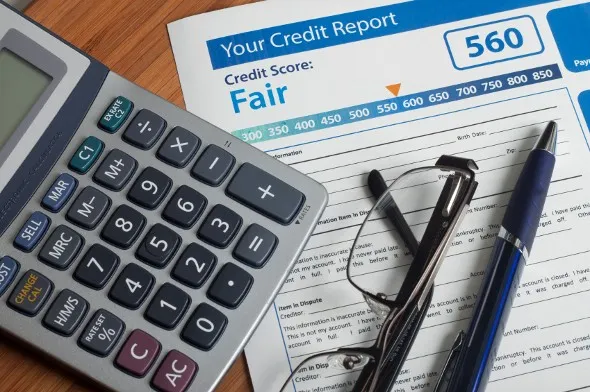Car salespeople can be the only people who can prevent you from getting the best price for your next car. It’s a good idea to keep these four car dealer traps in mind the next time you decide to go car shopping. Doing so might save you the gut-wrenching regret of being screwed over and forced to overpay for your new vehicle.
Dealer Trick #1: Negotiating on Monthly Payments
When the salesperson starts talking about monthly payments, watch out.
Clever salespeople want you to focus only on low monthly payments because it gives them room to inflate other variables, such as the loan interest and length. This increases the dealer’s profit — while you spend thousands more on the car overall.
Some dealers pull out what’s called a four-square chart, which is confusing as hell. A former car salesman unveiled on The Consumerist how that shell game is played: You’re put on the defensive and worn down with tricky math, while the salesperson appears to knock down prices.
Counter Strategy: Don’t even discuss monthly payments. Tell the salesperson you can talk financing later, but first want to know their best price.
Pay for the car in cash or get your own financing if you can, but don’t reveal how you’re going to pay until after you’ve negotiated down the total car price. (Dealers may be less likely to negotiate if they know they can’t profit from your financing.)
If you do need to discuss dealer financing, do that after you’ve negotiated the car price. From there you can focus on the annual percentage rate (APR) rather than payments.
Dealer Trick #2: Telling You Your Credit Sucks

If you don’t know your credit score, all dealerships have to do to rip you off is say you don’t qualify for a better rate. Perhaps a bank would offer a 5% loan; the dealer might say 7% is the lowest for your credit score.
Counter Strategy: Pull your credit report for free and know your credit score before setting foot in a dealership. Again, shop around for financing and get it on your own if you can. Whatever your credit score, at least you’ll know if the dealer’s trying to pull a fast one on you.
If you do have credit problems, a common strategy for rebuilding credit is using a secured credit card to keep you paying off what you spend.
Dealer Trick #3: Baiting and Switching
Salespeople can disarm you with humor and appear to be on your side in your battle against a faceless manager in the back room. You might even get a great trade-in offer or discount on the total price.
Inevitably, lowball offers and inflated trade-in values are squashed by the manager later. Edmund.com’s Confessions of a Car Salesman series reveals how numbers previously agreed upon can somehow be “lost” or “forgotten” by the dealership.
Counter Strategy: Not all car salespeople are scumbags, but remember, they’re doing their jobs and are not your friends. Don’t fall for the good guy/bad guy game, and walk if they don’t honor what you agreed upon. Better yet — get a copy of the numbers in writing from the dealership.
Dealer Trick #4: Pushing Add-Ons and Fees

Finally, be on the lookout for extras added to your purchase or financing. Dealers can increase your car payment price by “packing” extras like an extended warranty, perhaps saying it’s “only $40 more” a month. That $40 extra will cost you $2,400 over a 60-month loan.
Counter Strategy: Know which add-ons are truly unnecessary and check the financing and sell sheets carefully. Things you shouldn’t be charged for include a hidden loan acquisition fee and other fees, such as “customer service” or doc preparation fees.
Your Best Strategy
You only need to do two things to come out on top: research car prices and compare multiple dealerships. One recent car survey found that knowing the dealer’s invoice prices and visiting two dealerships saved car buyers an average of $800. TrueCar, Kelley Blue Book and Edmunds.com can all help you find invoice prices and what your trade-in is worth.
My favorite method is simply this one published on GetRichSlowly.com: email all of the dealers near you and say, “Hi, my name is so and so. I plan to buy such and such a car today at 5pm. I’m going to buy it from the dealer who gives me the best price. What is your best price?” Bam. Straight to the chase.
Next Steps
- Buying a car is an investment, and a financial advisor can help you determine how it will impact your budget. Finding a financial advisor doesn’t have to be hard. SmartAsset’s free tool matches you with up to three vetted financial advisors who serve your area, and you can have a free introductory call with your advisor matches to decide which one you feel is right for you. If you’re ready to find an advisor who can help you achieve your financial goals, get started now.
- Do your research. Assess cars’ features to determine what’s important to you and note prices, including projected ownership costs. Also make sure you’re aware of all available discounts, as many automakers offer discounts to military members and students.
©iStock.com/skynesher, ©iStock.com/danielfela, ©iStock.com/BrianAJackson
